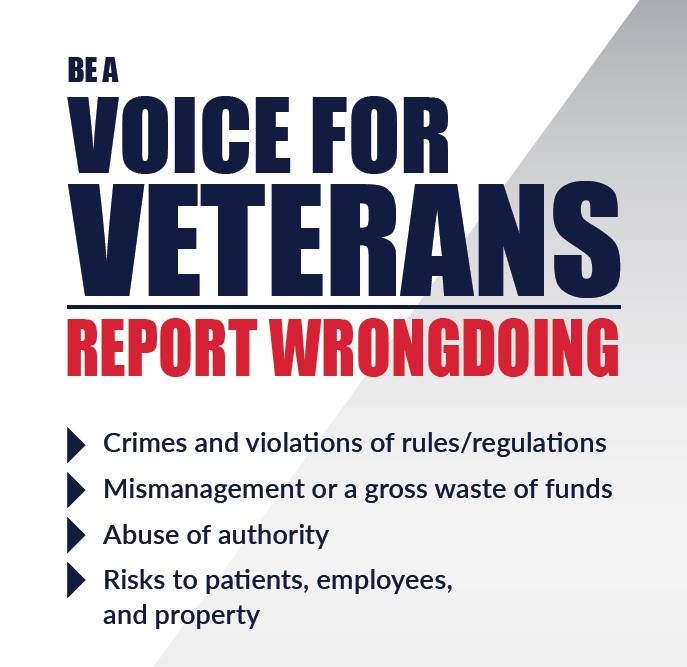- Home
- Psychologist & Psychiatrist C&P Examiners
- PTSD Self-Medication
PTSD Self-Medication
Information about PTSD self-medication particularly as relevant to Department of Veterans Affairs (VA) compensation and pension examinations (C&P exams) for disability due to post-traumatic stress disorder (PTSD) and other mental disorders.
PTSDexams.net is an educational site with no advertising and no affiliate links. Dr. Worthen conducts Independent Psychological Exams (IPE) with veterans, but that information is on his professional practice website.
PTSD Self-Medication Research
Table of Contents
- Systematic Review of the Self-Medication Hypothesis: PTSD & Alcohol Use Disorder
- Trauma-related Drinking to Cope
Systematic Review of the Self-Medication Hypothesis: PTSD & Alcohol Use Disorder
Citation
Hawn,Sage E., Shannon E. Cusack, and Ananda B. Amstadter. "A Systematic Review of the Self‐Medication Hypothesis in the Context of Posttraumatic Stress Disorder and Comorbid Problematic Alcohol Use." Journal of Traumatic Stress, epub ahead of print (9 Jun 2020). https://doi.org/10.1002/jts.22521
Abstract
Posttraumatic stress disorder (PTSD) and alcohol use disorder (AUD) commonly co‐occur and are associated with many negative public health outcomes.
There are several etiological models that explain the overlap between PTSD and AUD, including shared genetic risk and phenotypic causality, but the predominant model of etiologic association is the drinking‐to‐cope self‐medication model.
Although the self‐medication model is conceptually appealing and has been widely accepted within the literature examining alcohol use and anxiety (e.g., PTSD) phenotypes, the findings are inconsistent and there is a lack of rigorous empirical evidence in support of this model.
This review, which was, to our knowledge, the first systematic review of the self‐medication model in relation to PTSD to date, aimed to synthesize the current literature on the association between PTSD and problematic alcohol use within the context of the self‐medication model.
In total, 24 studies met the inclusion criteria for the review and assessed the self‐medication hypothesis using a variety of measurement instruments and data analytic approaches, such as mediation, moderation, and regression.
Overall, the included studies provide evidence for the self‐medication hypothesis but are limited in rigor due to methodological limitations. These limitations, which include issues with the operationalization (or lack thereof) of trauma‐related drinking to cope, are discussed, and directions for future research are presented. (Paragraph breaks and emphasis added to ease online reading.)
Comment
This article provides a sophisticated, thorough review of relevant research on the self-medication hypothesis, beginning with a brief summary of the four hypotheses proposed to explain why PTSD and alcohol dependence co-occur so often.
What causes the high rate of PTSD and Alcohol Use Disorder comorbidity?
(1) PTSD susceptibility model - substance use may increase susceptibility to PTSD, e.g., substance intoxication may increase the likelihood of trauma exposure.
(2) Common factors model - shared factors, such as genetic predisposition, adverse childhood experiences, or certain personality traits, may increase risk for substance dependence and PTSD.
For example, genetic research with twins suggest 20% to 30% of the genetic vulnerability for PTSD also predisposes individuals to alcohol use disorder.
(3) Mutual maintenance model - Alcohol use disorder aggravates symptoms of PTSD and vice versa.
(4) Self-medication hypothesis - Individuals with PTSD drink to cope with painful emotions and disparaging thoughts about oneself. In learning theory terms, self-medication occurs due to negative reinforcement.
Trauma-Related Drinking to Cope
Key Points
* This study used a research design that carefully measured the temporal relationship between PTSD symptoms and drinking to cope.
* Provides further evidence for the self-medication hypothesis for adults suffering from posttraumatic stress disorder.
* Although this was a college sample, a sizeable proportion of service members and veterans are in the same age group when they experience trauma and begin drinking to cope.
* In addition, several studies with veterans have also found a link between PTSD symptoms and drinking to cope.φ
* Of course, PTSD is not always a causative factor in the development of alcohol problems, but it is a possibility that C&P examiners should always consider when evaluating veterans diagnosed with PTSD and an alcohol use disorder.
Citation
Hawn, Sage E., Kaitlin E Bountress, Christina M Sheerin, Danielle M Dick, and Ananda B Amstadter. "Trauma-related Drinking to Cope: a Novel Approach to the Self-medication Model." Psychology of Addictive Behaviors 34, no. 3 (2020): 465–476. https://doi.org/10.1037/adb0000552
Abstract
Multiple etiological models have been proposed to explain posttraumatic stress disorder (PTSD) and alcohol use disorder (AUD) comorbidity, but the predominant model to date is the “drinking to cope” self-medication model.
Despite its popularity, the self-medication model lacks rigorous empirical support related to inconsistencies and methodological limitations, particularly the failure to operationalize drinking to cope with trauma symptoms specifically.
The present study sought to measure trauma-related drinking to cope (TRD) in order to provide a more specific test of the self-medication model among a representative sample of 1,896 undergraduates with a history of trauma exposure and alcohol use.
Using a model-building approach in Mplus, a correlated multiple mediator model tested the association between PTSD symptoms and alcohol use problems (AUPs) through TRD and more generalized drinking to cope motives (as assessed by the coping subscale of the Drinking Motives Questionnaire; DMQ-Cope) as moderated by sex.
Results indicated that, while accounting for the effects of generalized drinking to cope motives, TRD partially mediated the relation between PTSD symptoms and AUPs and that this relationship was stronger for males than for females.
With the exception of moderation by sex, results were substantiated using longitudinal data. Findings were consistent with the self-medication model, suggesting that TRD motives may serve as a mechanism through which PTSD symptoms influence AUPs.
TRD may serve as a more specific screening tool for AUP risk among individuals endorsing PTSD symptoms compared with the commonly used DMQ-Cope.
Footnote
φ. For C&P exam reports, if I conclude that a veteran's alcohol use disorder is secondary to service-connected PTSD, I usually phrase the opinion like this:
- It is MORE likely than not that the Veteran's Alcohol Use Disorder is proximately due to or the result of his service connected posttraumatic stress disorder (PTSD).
And, in addition to describing veteran-specific information, e.g., his or her temporal history of PTSD and alcohol dependence symptoms, I include this statement in the rationale for the opinion:
- Research indicates that alcohol use disorders are often comorbid with PTSD and that PTSD probably drives the development of the secondary alcohol use disorder.
I then provide a list of references regarding PTSD and substance use disorder comorbidity. I wrote a sample report awhile back that includes a list of relevant references (up to that time).
You can read the sample report via this link:
ptsd-alcohol-use-disorder-cp-exam-report-example.txt
Or you can download the sample report via Google Docs:
PTSD-Alcohol-Use-Disorder-CP-Exam-Report-Example
Note 1: This is not an entire C&P exam report. It is just the section dealing with PTSD and alcohol use disorder comorbidity.
Note 2: Keep in mind that this is a hypothetical case, i.e., the information about the veteran is a composite example, it is not from an actual report.
Subscribe to receive new articles and other updates
What Do You Think?
I value your feedback!
If you would like to comment, ask questions, or offer suggestions about this page, please feel free to do so. Of course, keep it clean and courteous.
You can leave an anonymous comment if you wish—just type a pseudonym in the "Name" field.
If you want to receive an email when someone replies to your comment, click the Google Sign-in icon on the lower right of the comment box to use Google Sign-in. (Your email remains private.)
↓ Please comment below! ↓



